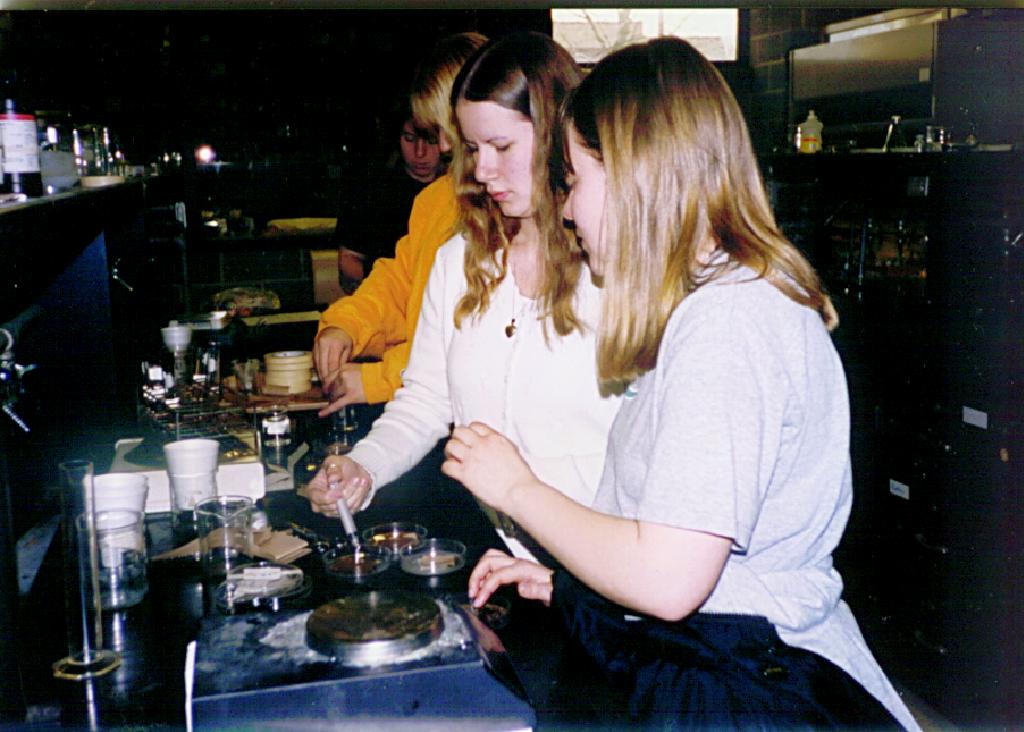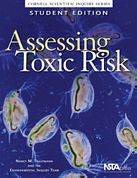 Toxicology
ToxicologyToxicology is the study of the effects of chemicals on living things. We tend to think of some chemicals as toxic and others as nontoxic, but in fact, any chemical is toxic at high enough concentrations.
|
Toxicology |
 Toxicology
Toxicology
Toxicology is the study of the effects of chemicals on living things. We tend
to think of some chemicals as toxic and others as nontoxic, but in fact, any
chemical is toxic at high enough concentrations.
The food we eat, the water and beverages we drink, and the air we breathe all are made up of complex mixtures of chemicals. Many of these chemicals are beneficial to our health when we consume them in small amounts but would be harmful at larger doses. For example, vitamin D is an important part of the human diet, but it also is a highly toxic chemical. In tiny amounts it is good for you, but taking higher than the recommended doses can cause serious health problems including kidney stones, high blood pressure, deafness, and even death.
Environmental toxicology is the study of the effects of chemicals on plants, animals, and the ecosystems in which they live. Scientists use experiments called bioassays to determine the effects of chemicals on living things.
 Cornell
Scientific Inquiry Series
Cornell
Scientific Inquiry Series
Assessing Toxic Risk, the first book in the Cornell
Scientific Inquiry Series, is a comprehensive guide for student bioassay
research. It includes an overview of toxicology, authentic research protocols,
and more. Learn more about Assessing
Toxic Risk and download related files.
Conducting bioassays -- explore this section to find out how you can conduct toxicology experiments
The Dose Makes the Poison - Or Does It? -- an article about toxicology at ActionBioscience.orgBioassay links
Toxicology for educators (Society of Toxicology)
Tox Town: An interactive guide to commonly encountered toxic substances
Toxicology Information Briefs
|
Copyright © 2009 Environmental Inquiry, Cornell
University and Penn State University |